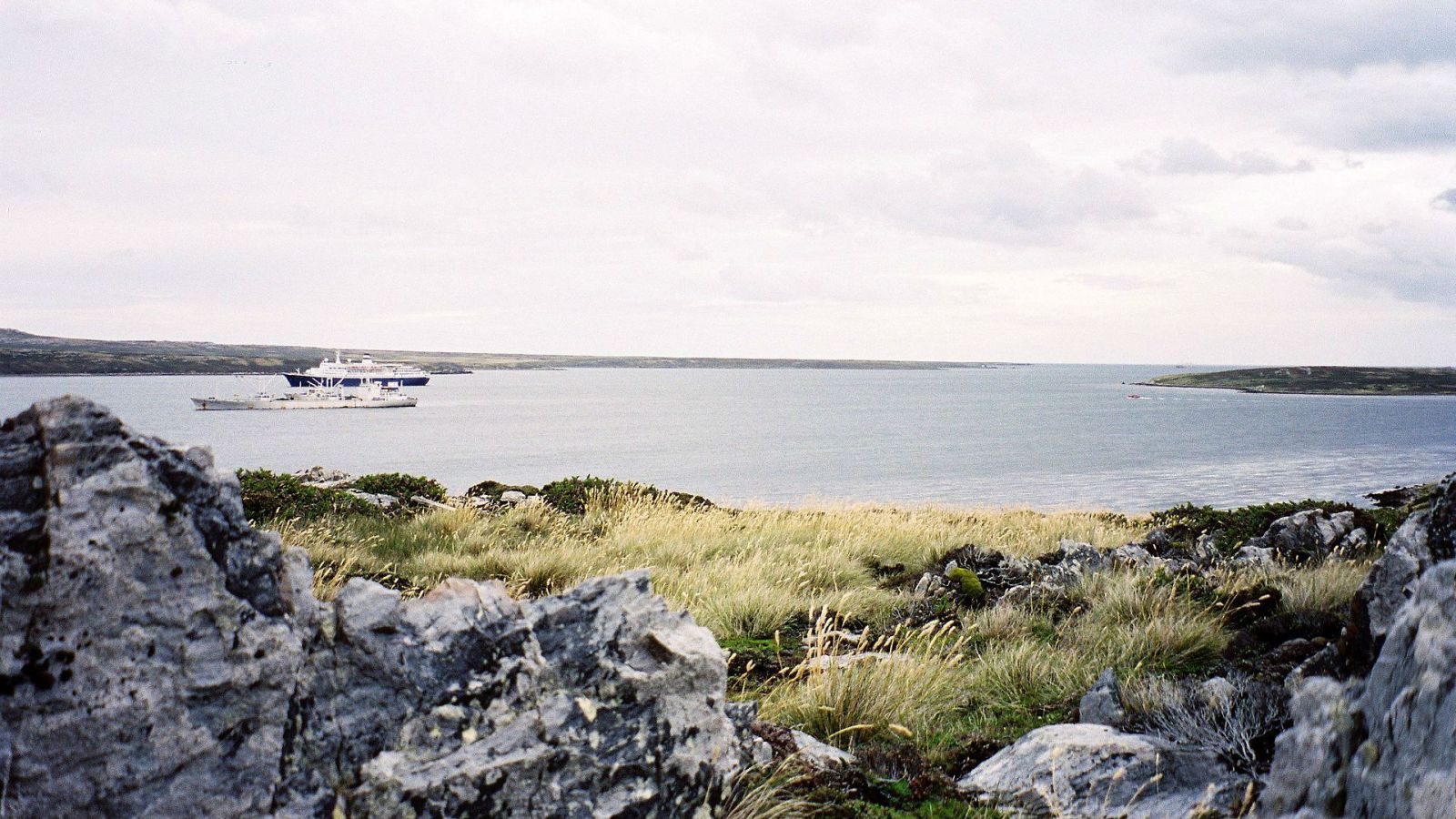Falkland Islands Moves to Protect Fishermen

In February of this year it was both locally reported and commented upon by the Government, that nine Vietnamese fishermen had jumped overboard from the Taiwanese squid jigging vessels Hsiang Hao 6 and Jin Yi.
Seven fishermen from the Jin Yi were located ashore, but two from the Hsiang Hao 6 died at sea with only one body recovered.
This is not the first time that so called “jumpers” have left vessels in sight of the Falkland Islands shoreline seeking refuge on land.
At that time, the exact reasons for the fishermen jumping from the vessels and risking their lives in the South Atlantic waters was unknown. The seven Vietnamese in question were repatriated soon after by their employers, the Lai der Fishery Co Ltd, Taiwan.
Subsequently, it is understood that the Falkland Islands Government undertook internal reviews of its procedures relating to such incidents.
As reported in the Sunday Times article February 22, 2015 having served in Falkland Islands waters, Human Rights at Sea CEO David Hammond commented that: “You would have to be desperate to consider jumping into South Atlantic waters in the first instance. It says much that an individual would do so and very fairly raises the question of why?”
February is traditionally the start of the squid season with vessels entering Port Stanley harbor to collect fishing licenses from the Fisheries Department. As reported by Pengion News (February 20, 2015), it is during this period that fishermen jump overboard. Next year the license period for Illex squid starts February 15, 2016.
Following intervention requesting a review and assurances of the issue from welfare organizations including The Fishermen’s Mission, The Sailors Society, the Apostleship of the Sea, The Mission to Seafarers and Human Rights at Sea, combined with separate ongoing Falkland Islands Executive Council reform in the fisheries sector, John Barton, Director of Natural Resources announced new measures last week.
“As an example of measures exceeding flag State requirements it has been specified that all vessels will have survival suits for all crew; which has not previously been the case on most jigging vessels.” Barton went on to say that all vessels have always had to undergo safety inspections, “but whereas in some cases they may have had time to rectify some defects, a tougher line will be taken to ensure vessels fully satisfy the requirements before licensing.”
Under the proposed (not yet in force) Work in Fishing Convention, the new licensing conditions now include:
• Fishing operations, crew management and relations are conducted in accordance with the provisions of the Work In Fishing Convention.
• Provision of food, water and accommodation compatible with the Work in Fishing Convention.
• Availability of a Fisher’s Work Agreement in accordance with the Work In Fishing Convention.
The Fisher’s Work Agreement must set out the procedure and the contractual terms for any crewman who wishes to terminate his contract of employment and be repatriated.
The Falkland’s Fishing Industry through the Falklands Government has directly engaged with the Taiwanese Squid Fishery Association and Korea Overseas Fishery Association in order to outline the crewing and safety issues to be addressed for next year’s season.
In terms of existing legislation, the Falkland Islands has a comprehensive Criminal Code that applies to and covers all reported incidents of mistreatment and physical abuse which falls within the Falkland Islands jurisdiction, supporting domestic legislation under the Fisheries (Conservation and Management) Ordinance.
It also follows the International Code of Conduct for Prosecutors as overseen by the Attorney General. This supports the license regime and which takes into account pertinent international labor conventions, including, but not limited to, the Seaman’s Articles of Agreement Convention 1926, the Repatriation of Seamen Convention 1926 and the Seafarer’s Identity Documentation Convention 1958.
For 2015, the Falkland Islands Government approved a new Code of Practice for Fishing Crew, including provision for a Port Welfare Committee.
Human Rights at Sea welcomed the proactive developments by the Falkland Islands Government to positively address the conditions and safeguards necessary for the protection of fishermen operating in Falkland’s Waters.
